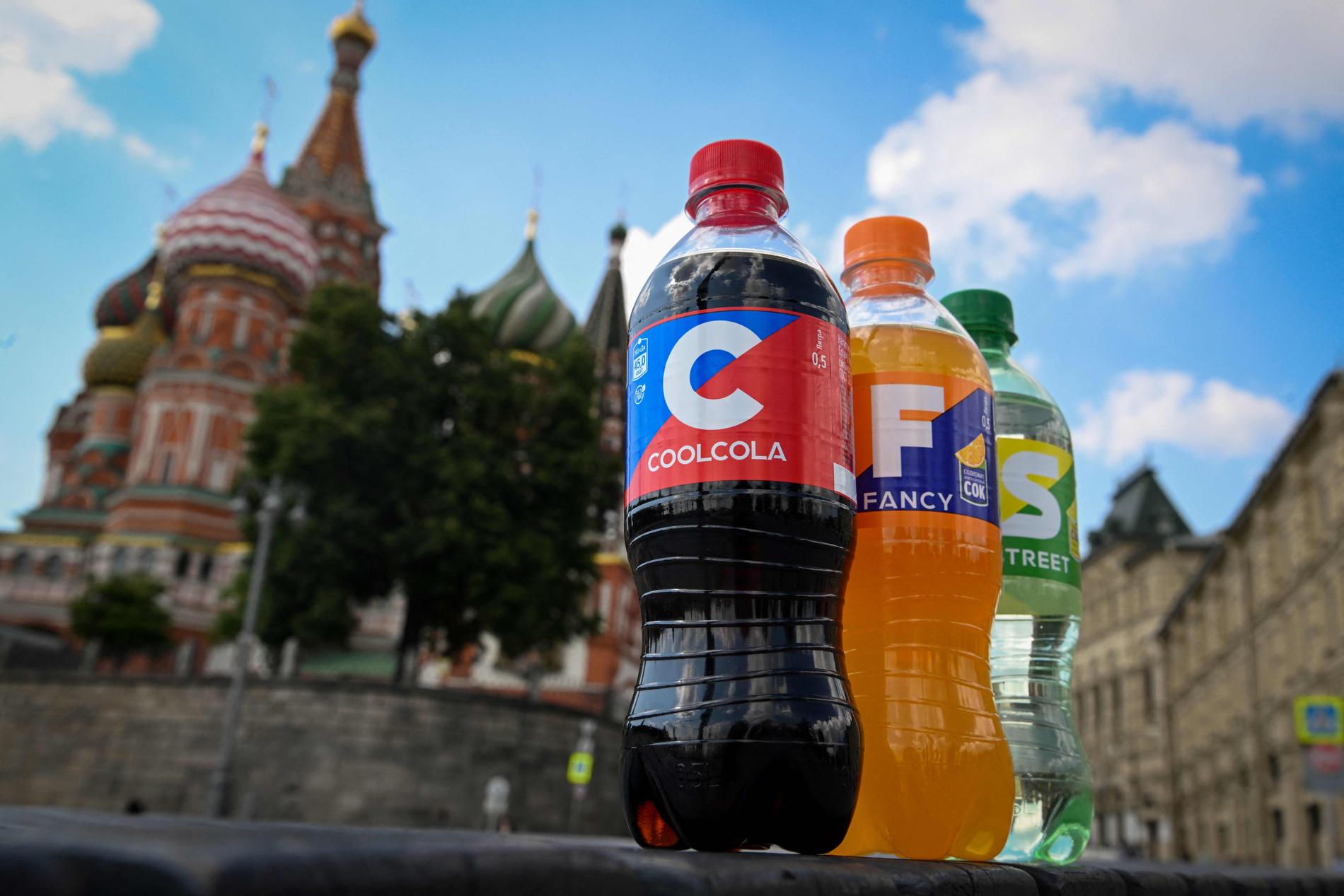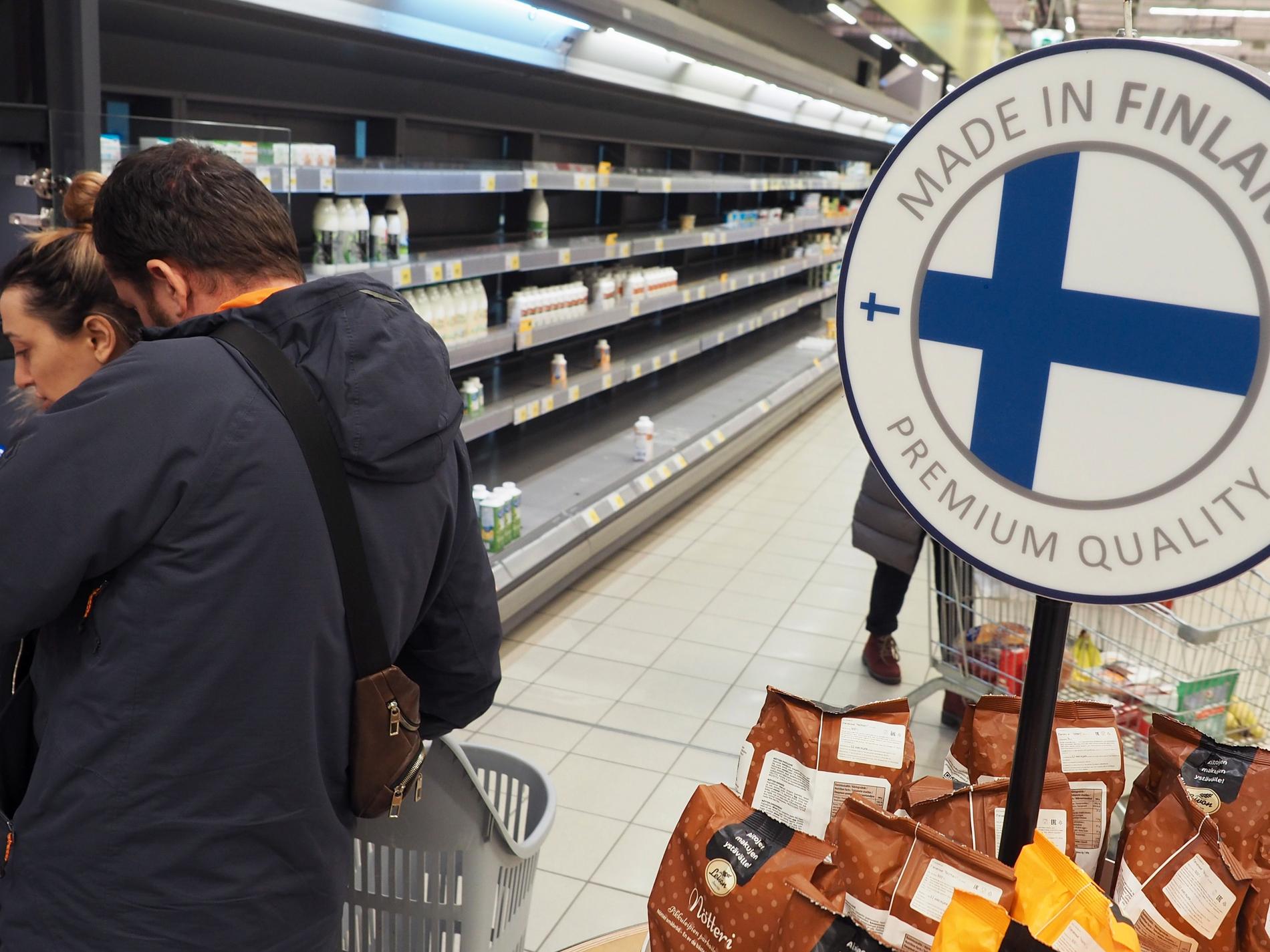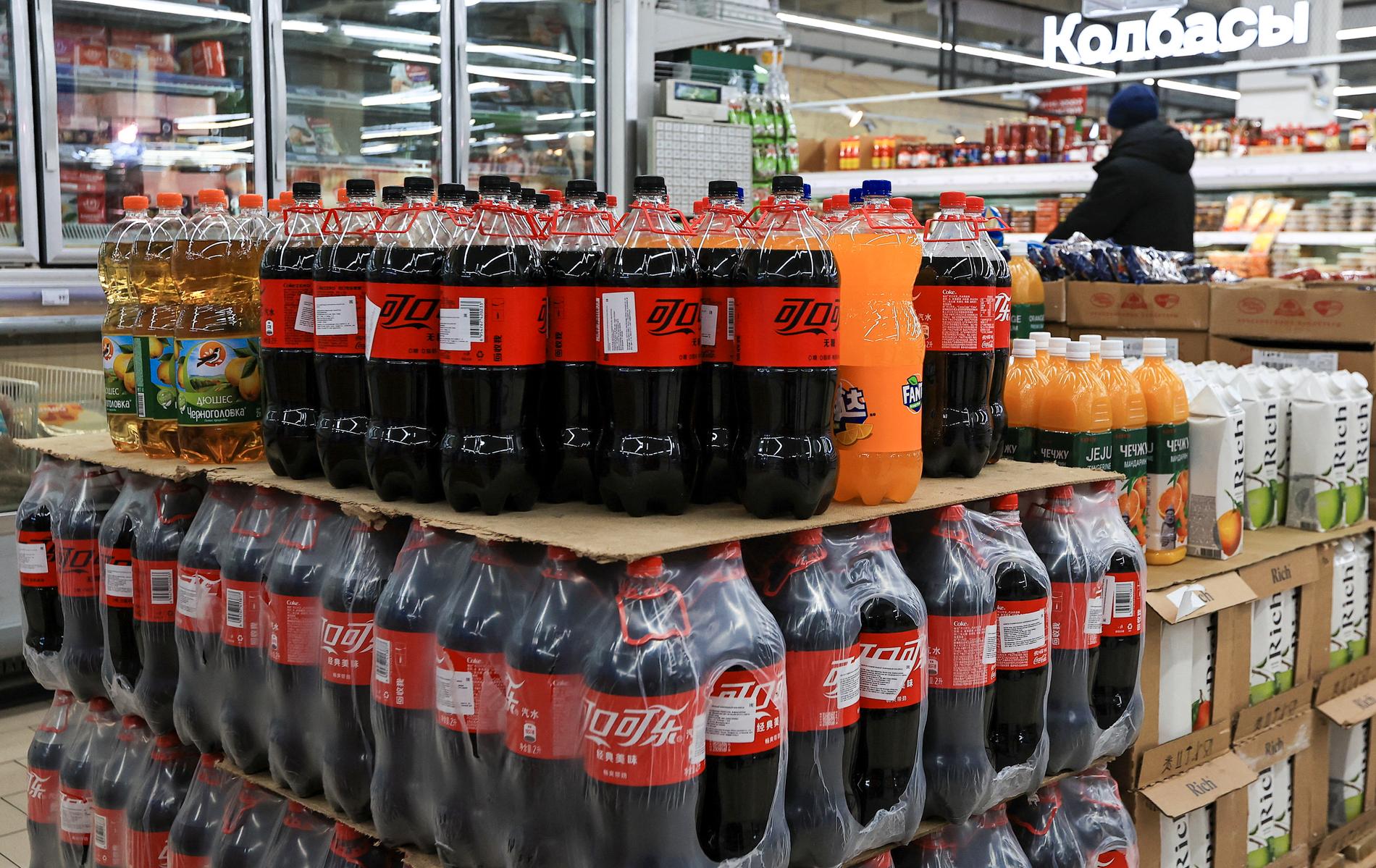
The Russian economy has not collapsed, even after a year of harsh sanctions from the West. But how is it really for ordinary Russians?
Western countries imposed severe sanctions around the same time that the war was underway in Ukraine.
Already in the weeks before the war broke out, US President Joe Biden warned Russia of “unparalleled economic consequences.”
The ruble fell, tremors occurred in the banking system and companies around the world stopped exporting important goods to Russia. A year later, it turned out that Russia was much more adaptable than initially expected.

Read also
This is how Russia makes it difficult for companies to leave the country
Foreign companies are threatened and pressured when they want to leave Russia, say advisers to the largest Finnish companies …
According to the Washington Post, this is thanks to oil and gas exports, clever maneuvering by the Russian Central Bank and increased trade with China and other countries, which have, among other things, led to the “sneaking” of critical technology through the back door.
Penalties aren’t a hammer, they’re a screw that needs to be tightened, notes E24 Community Editor Torbjorn Roy Isaksen.

He says that the pressure on the Russian economy is constantly increasing and points to the car industry as an example where you can’t get spare parts.
It is the “import-dependent” middle class that is affected by changes – for example, in the car industry, says Mitt Skak, a Russian expert at Aarhus University.
– They are the ones who dream of buying a new car, because car sales in Russia have completely stopped. So, used cars are getting more expensive, she says.
Luxury goods are readily available
So there are big regional differences, Skak believes that people in the countryside and in poor regions of Russia don’t really notice the sanctions.
– People from here (for example, Siberia, Dagestan, Bashkortostan) are mobilized, and for them there is a certain financial benefit to send them to the front in Ukraine.
The vast majority of Western companies left Russia shortly after the war began, and McDonald’s was replaced by a local company. The urban middle class, which Putin probably fears most by taking to the streets, seems to be living as before.

They can buy “luxury items” like iPhones as they did before. According to The Telegraph, they are imported via third countries like Armenia and Kazakhstan, and are not particularly more expensive than before when Russia has lower customs duties and taxes than these countries.
– Not least Chinese consumer goods that are flowing into Russia in this way. The countries you mentioned, including Turkey, have chosen not to comply with the sanctions regime. It’s hard to stop them in any way other than convictions, Skack says.

Thus, Russia imports goods in parallel, and they are quite open to that. PlayStation game consoles and dresses from Zara arrive in Russia without having to be approved by those who produce the goods. Russia in May last year published a list of products that are allowed to be imported in this way, and the list includes both warships – and clothes, and shoes, and cosmetics, and printers. Deutsche Welle.
Skack believes that Great Britain, the United States, and possibly the European Union are very interested in making the sanctions regime tighter.
– While it will never be 100 percent closed, you can slowly achieve greater impact by squeezing companies and countries that are sneaking away.
They are
Røe Isaksen points to Russia’s vulnerability to low oil and gas prices as factors that can affect the economy of ordinary people.
– This is Putin’s drug, but at risk. He says it will be a long time before Russia has the same ability to export to, say, China as it does to Europe.
So what are the economic consequences for ordinary people before Russians take to the streets to protest Putin and the war.
The million dollar question itself, Skack says.
– Putin has purposefully worked to make the Russian people completely politically indifferent, which he has succeeded in, according to such observers as sociologist Grigory Yudin and journalist Andrei Kolesnikov. The Russian population finds itself in almost everything, that even their sons, brothers, fathers and friends are used as cannon fodder at the front, which is indeed the case.
But, Schack says, there’s a big problem that in the long run could lead to moves:
The combination of more economic impoverishment (because Putin prioritizes weapons production from now on) and senseless killing in Ukraine could be too much and spark unstoppable rage. Time is on his side, Putin insists, but that is by no means certain.
Roy Isaksen concludes with a picture of how sanctions can work—in the long term:
Penalties are not like pieces, but more like a thousand small pieces of paper.

“Coffee trailblazer. Certified pop culture lover. Infuriatingly humble gamer.”



